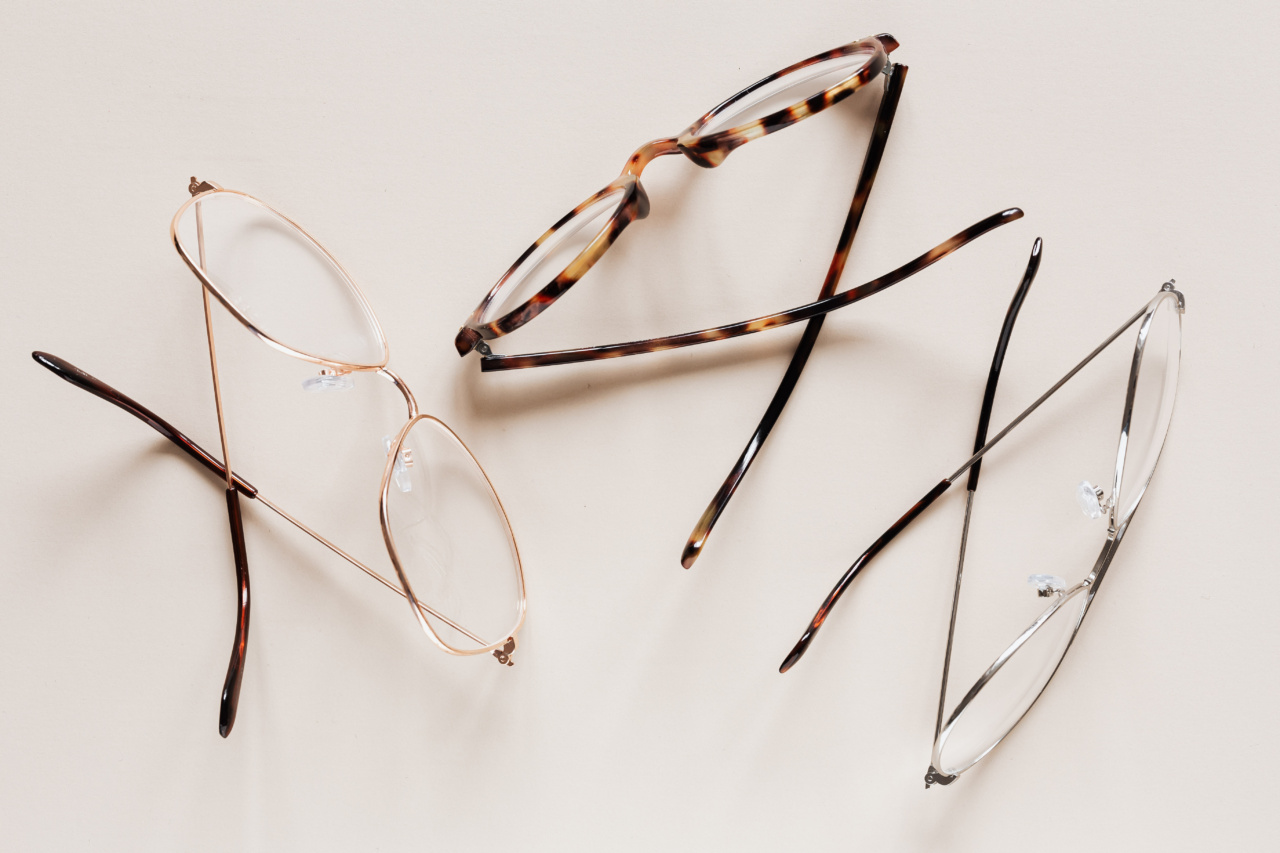Nocturia, also known as nighttime urination, is a common condition characterized by the need to wake up at least once during the night to urinate. While it is often associated with aging, it can be indicative of underlying medical disorders.
In this article, we will explore various medical disorders that may contribute to nocturia and discuss their implications.
1. Diabetes
Diabetes, both type 1 and type 2, can cause excessive urination, leading to nocturia. When blood sugar levels are high, the kidneys try to eliminate the excess glucose by producing more urine.
This increased urine production can disturb sleep, causing nocturia.
2. Urinary Tract Infections (UTIs)
Urinary tract infections are common bacterial infections that affect various parts of the urinary system, including the bladder and urethra. Frequent urination, including nighttime urination, is a typical symptom of UTIs.
The infection irritates the bladder, leading to increased urgency and frequency of urination, interrupting sleep patterns.
3. Chronic Kidney Disease (CKD)
Chronic kidney disease is a progressive condition in which the kidneys become damaged and lose their ability to function properly.
Nocturia is a common symptom of CKD as the kidneys struggle to filter waste products efficiently, resulting in increased urine production. Additionally, CKD can cause fluid imbalances and reduce the ability of the kidneys to concentrate urine.
4. Congestive Heart Failure (CHF)
Congestive heart failure occurs when the heart fails to pump an adequate amount of blood to meet the body’s needs. This can lead to fluid retention and cause increased blood flow to the kidneys.
As a result, excess fluid accumulates in the body, including the legs during the day and the bladder during the night, causing nocturia.
5. Obstructive Sleep Apnea (OSA)
Obstructive sleep apnea is a sleep disorder characterized by repetitive breathing interruptions during sleep due to a blocked airway.
Nocturia is a common symptom of OSA as the interruptions in breathing can lead to increased urine production and disrupted sleep patterns.
6. Overactive Bladder (OAB)
Overactive bladder is a condition characterized by a sudden and frequent urge to urinate. Nocturia is often experienced by individuals with OAB, as the bladder muscles become overly active, reducing the bladder’s storage capacity.
This results in increased urgency and nighttime urination.
7. Prostate Disorders
Prostate disorders, such as benign prostatic hyperplasia (BPH), can cause nocturia in men. When the prostate gland enlarges, it can obstruct the urethra, making it difficult for urine to flow freely.
This leads to incomplete bladder emptying, increased urinary frequency, and nocturia.
8. Hormonal Imbalances
Hormonal imbalances, such as diabetes insipidus or hypothyroidism, can contribute to nocturia. In diabetes insipidus, the body struggles to regulate water balance, causing excessive thirst and urine production.
Hypothyroidism, on the other hand, affects the production of hormones that regulate various bodily functions, including urine production and elimination.
9. Interstitial Cystitis (IC)
Interstitial cystitis, also known as painful bladder syndrome, is a chronic condition characterized by bladder pain and urinary frequency.
Nocturia is a common symptom of IC, as the condition causes irritation and inflammation of the bladder lining, leading to increased urinary urgency and frequency, especially at night.
10. Medications
Some medications, such as diuretics, sleep aids, and certain antidepressants, can contribute to nocturia. Diuretics increase urine production, sleep aids can relax the bladder muscles, and antidepressants can affect bladder control.
It is essential to consult with a healthcare provider if medications are suspected to be causing or worsening nocturia.
Conclusion
Nocturia can significantly affect an individual’s quality of life, leading to disrupted sleep and daytime fatigue. It is crucial to identify and address any underlying medical disorders contributing to nocturia to manage the condition effectively.
By understanding the various medical disorders associated with nocturia, individuals can seek appropriate medical advice and treatment to alleviate their symptoms and improve overall well-being.






























